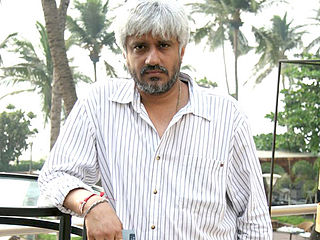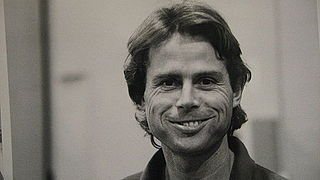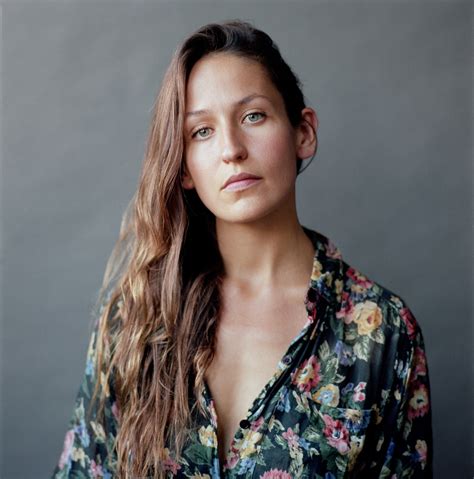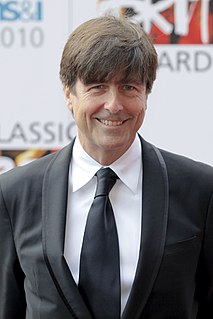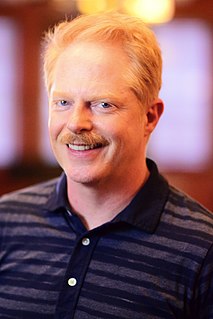A Quote by Vikram Bhatt
When I saw 'Ankahee,' I was very moved. I felt broken inside.
Related Quotes
What I saw so clearly when I started climbing was adventure. Difficulty was only an ingredient. I never thought to wonder about grades, just as I never thought to wonder what Tarzan might bench press. I found the closer I moved to sport, the closer I felt to science - and the closer I moved to adventure, the closer I felt to greatness.
Then I felt something inside me break and music began to pour out into the quiet. My fingers danced; intricate and quick they spun something gossamer and tremulous into the circle of light our fire had made. The music moved like a spiderweb stirred by a gentle breath, it changed like a leaf twisting as it falls to the ground, and it felt like three years Waterside in Tarbean, with a hollowness inside you and hands that ached from the bitter cold.
I felt very maternal around eight months. And I thought I couldn't become any more until I saw the baby... But it happened during my labor because I had a very strong connection with my child. I felt like when I was having contractions, I envisioned my child pushing through a very heavy door. And I imagined this tiny infant doing all the work, so I couldn't think about my own pain... We were talking. I know it sounds crazy, but I felt a communication.
From the moment I first saw him— saw through his stunning and impossibly gorgeous exterior to the dark and dangerous man inside— I’d felt the pull that came from finding the other half of myself. I needed him like I needed my heart to beat, and he’d put himself in great jeopardy, risking everything— for me.
